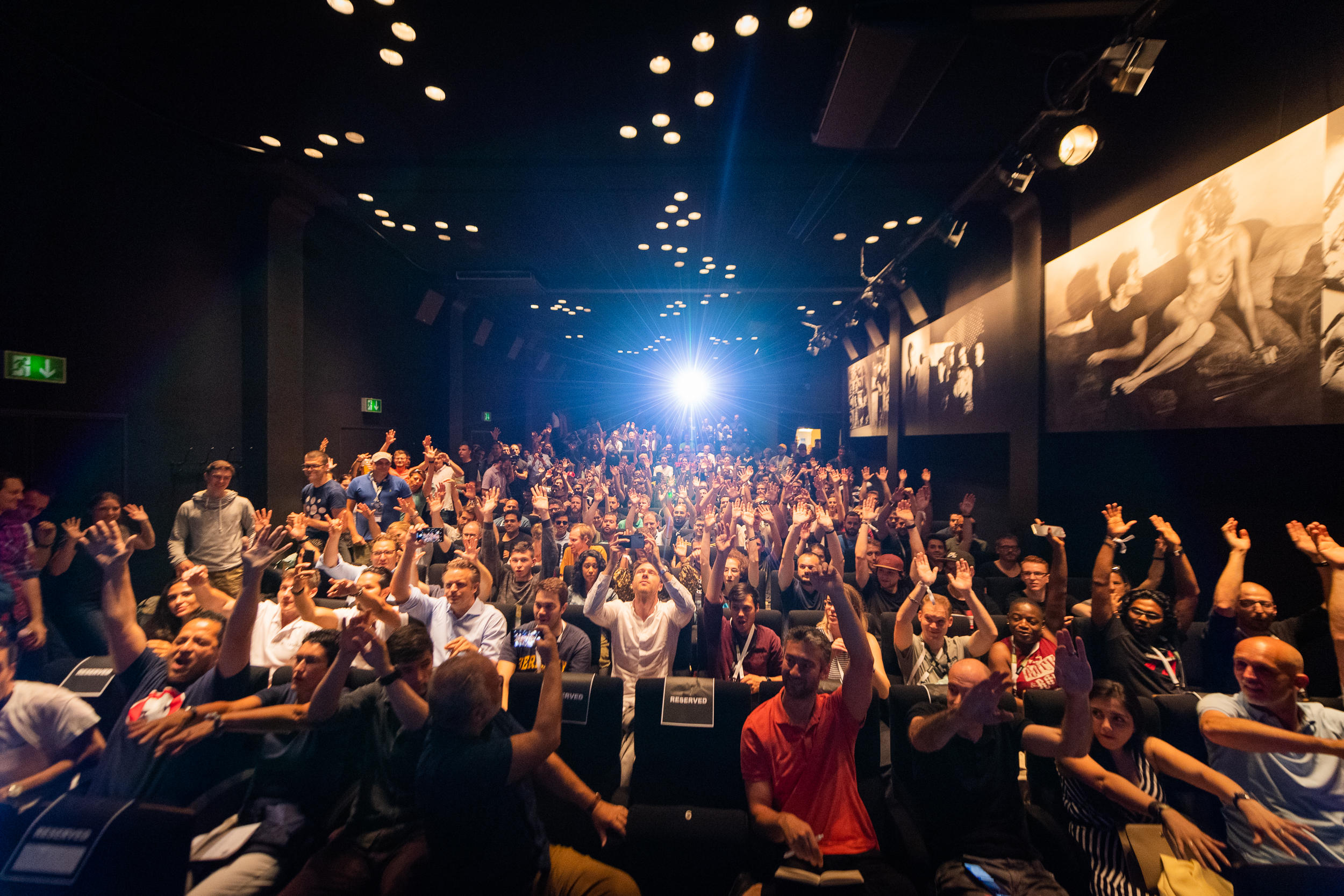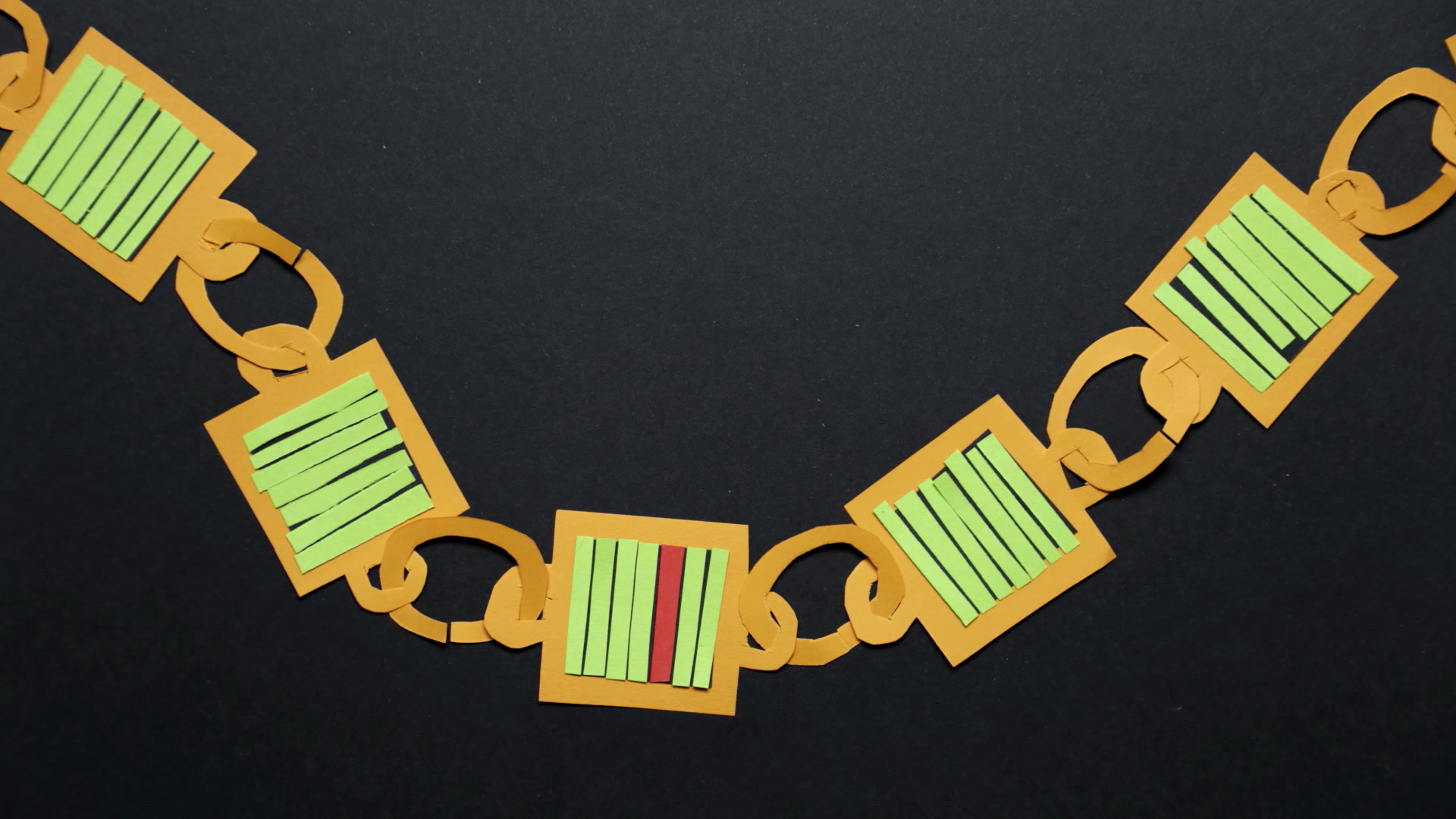
Industry challenges blockchain during hackathon

More than 200 hackers from 19 countries converged on Switzerland at the weekend to take part in the Swiss Blockchain Hackathon. Participants were challenged to come up with blockchain innovations in a variety of sectors as diverse as finance, logistics and agriculture.
Switzerland has hosted numerous hackathons over the past few years, designed to stimulate digital entrepreneurship using cutting-edge technologies. Several events have already spun off start-up companies while others have focused on the non-profit sector, tackling humanitarian projects.
Hackathons attract a wide variety of participants from computer programmers to the legal, business and NGO sectors. Teams compete in a dynamic atmosphere to come up with the best solutions to challenges in a short space of time.
The jury at the Swiss Block HackathonExternal link decided on six winners on Sunday. Teams Blockbyte and Axelra were judged overall co-winners of the hackathon for their solutions in the fields of Agriculture & Food and Mobility.
Blockbyte developed a blockchain solution for leasing land while judges were impressed with Axelra’s #velove app that rewards people who cycle to work with cryptocurrencies. The two winners split the CHF25,000 ($25,600) main prize.
‘Crypto Nation’
The other winners were a team from federal technology institute ETH Zurich who developed an e-government app for creating and signing petitions. Team Kuznyechik won the Finance category for their project for crowd valuation of assets with no financial history.
The Supply Chain category was won by Elastonians with a method of tracing goods, while team OSB were recognised for their package-delivery service Padely in the Intelligent Parcel challenge.
The Zurich-based hackathon was organised by the blockchain hub Trust Square with the Bitcoin Association Switzerland, Zug-based incubator CV Labs, the Crypto Valley Association, the Swiss Blockchain Federation and Swiss ICT.
The event was also supported by several Swiss universities and a range of companies including Amazon Web Services, logistics giant Panalpina, Swiss Post and the Zurich cantonal authorities.
The blockchain theme of the this hackathon reflects “Crypto Nation” Switzerland’s growing reputation as a global blockchain industry hub. While the much-hyped emerging technology has yet to prove its worth on main street, there are several live projects up and running.

More
Explained: The technology behind bitcoin and blockchain

In compliance with the JTI standards
More: SWI swissinfo.ch certified by the Journalism Trust Initiative





























You can find an overview of ongoing debates with our journalists here . Please join us!
If you want to start a conversation about a topic raised in this article or want to report factual errors, email us at english@swissinfo.ch.